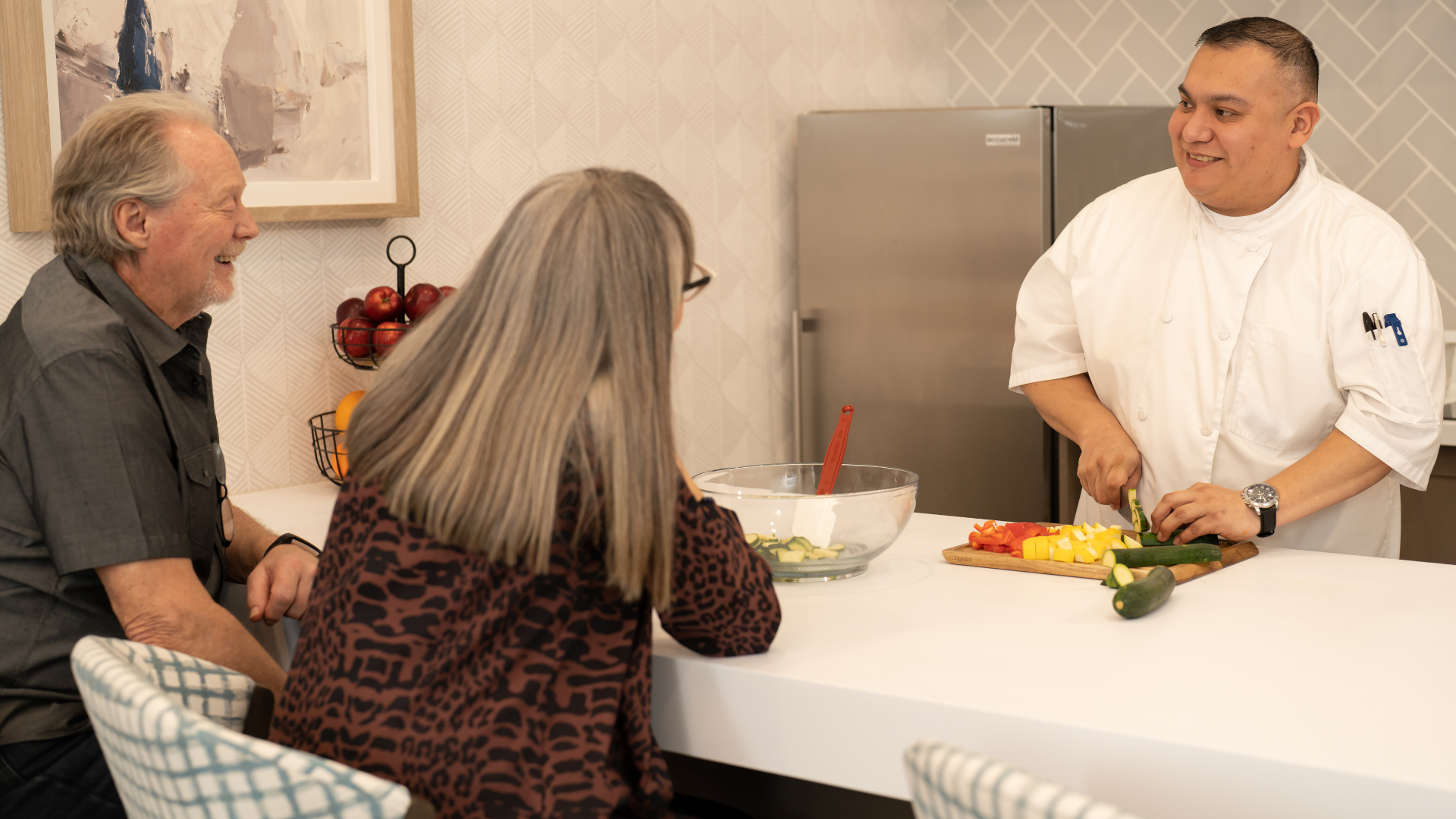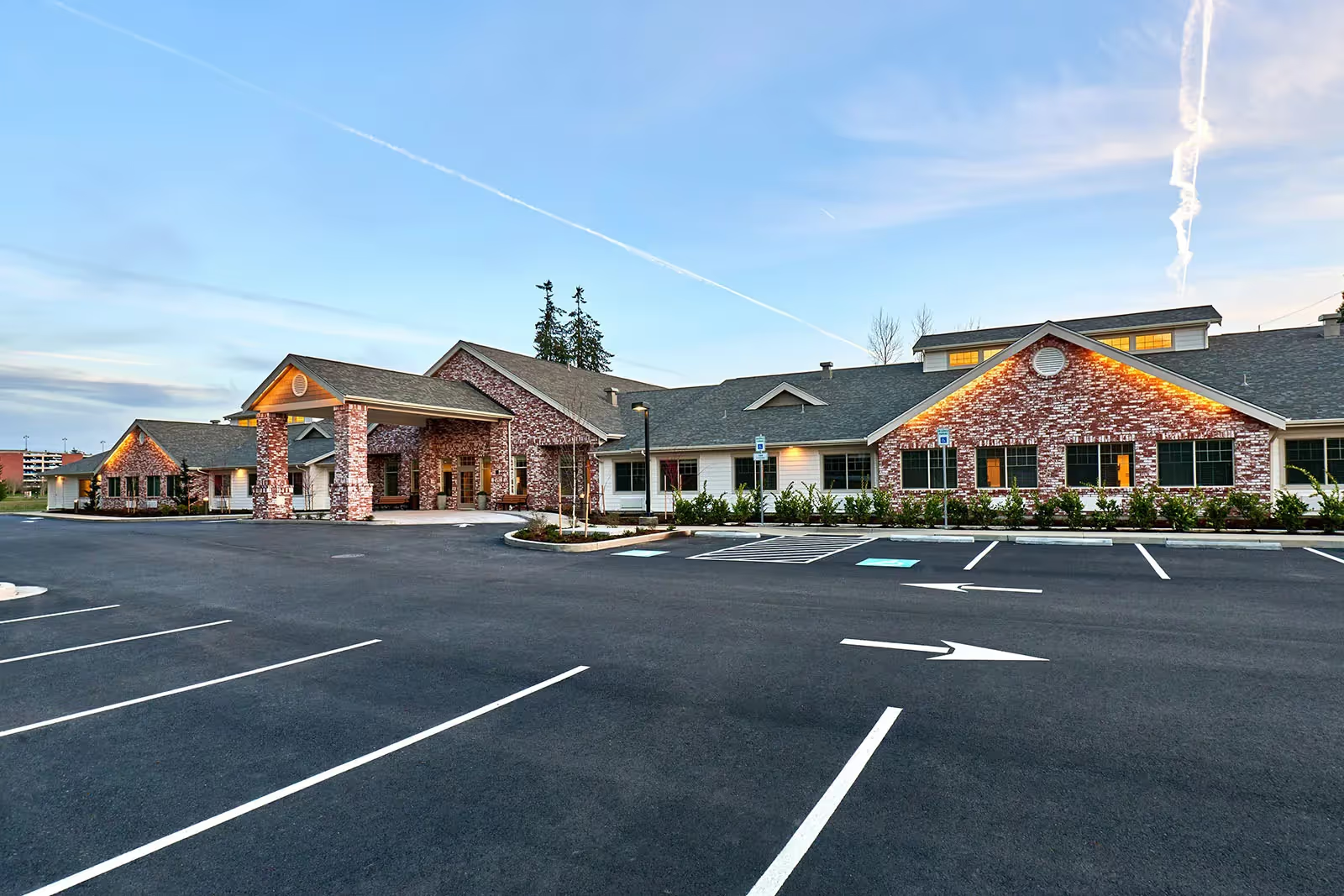Discover a wealth of resources, insights, and inspiration dedicated to enhancing the lives of seniors. Senior and memory care is ever-evolving, and ONELIFE is passionate about providing compassionate care, fostering meaningful connections, and ensuring seniors age with dignity, honor, and respect.
Here, we cover a wide range of topics related to senior living, assisted living, memory care, senior health and wellness, self-help, and much more. Whether you're a senior seeking the next step in your legacy, a caregiver looking for support, or simply curious about dignified aging, our blog is here to inform, uplift, and answer your most pressing questions.
Allow us to be your trusted companion on this journey as we delve into the latest trends, share valuable tips and advice, highlight heartwarming stories, and explore the diverse aspects of senior living and dignified care in the legacy years. Our goal is to provide you with the knowledge and inspiration to embrace the joy and possibilities that come with aging.
Get ready to be inspired, informed, and empowered. Welcome to the ONELIFE Senior Living Blog!




.png)
.webp)






.webp)








.webp)

.webp)






.avif)











.avif)



.avif)



.avif)

.avif)


.avif)
























